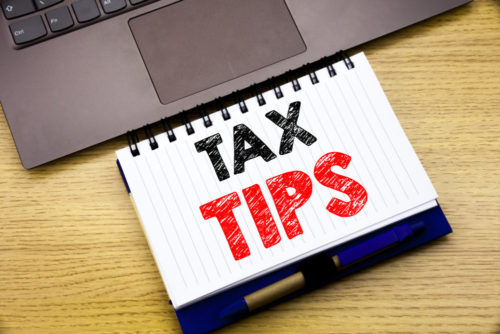5 minute read.
The Approved Mileage Allowance Payments system only applies where an employee uses his or her own car for business journeys. It does not apply where the employee has a company car.
HMRC publish advisory fuel rates, which can be used to pay mileage payments to company car drivers using their car for business journeys. HMRC accept that where the amount paid does not exceed the advisory fuel rate, no liability to tax and National Insurance arises.
Although HMRC does not regard the provision of electricity as a ‘fuel’ for the purposes of the fuel benefit, an electricity advisory rate was introduced with effect from 1 September 2018 and can be used to reimburse employees with an electric company car who use their own electricity to charge their company car.
For the purpose of the advisory rates, hybrid cars are treated either as petrol or diesel cars. The advisory fuel rates can also be used to determine the amount that the employee must reimburse in respect of private travel in a case where an employee is provided with fuel for travel in a company car but must make good the cost of the fuel used for private journeys in order to prevent a fuel benefit charge arising.
Advisory fuel rates September 2019
The advisory fuel rates are updated each quarter. The rates applying from 1 September 2019 are as follows:
| Engine size | Petrol – amount per mile | LPG – amount per mile |
| 1400cc or less | 12 pence | 8 pence |
| 1401cc to 2000cc | 14 pence | 10 pence |
| Over 2000cc | 21 pence | 14 pence |
| Engine size | Diesel – amount per mile |
| 1600cc or less | 10 pence |
| 1601cc to 2000cc | 11 pence |
| Over 2000cc | 14 pence |
Advisory fuel rates exampleA
Harry has a company car. His employer does not provide fuel.
Harry uses his car for business. His employer pays Harry a mileage allowance in accordance with the advisory fuel rates. Harry has a 1,600cc petrol car and in accordance with the rates applying from March 2019 receives 15p per mile for business journeys in his company car.
As long as the amount paid to the employee does not exceed the advisory rate, Harry’s employer does not need to return details of the payments to HMRC and Harry does not need to claim tax relief. The payments are effectively made tax-free.





